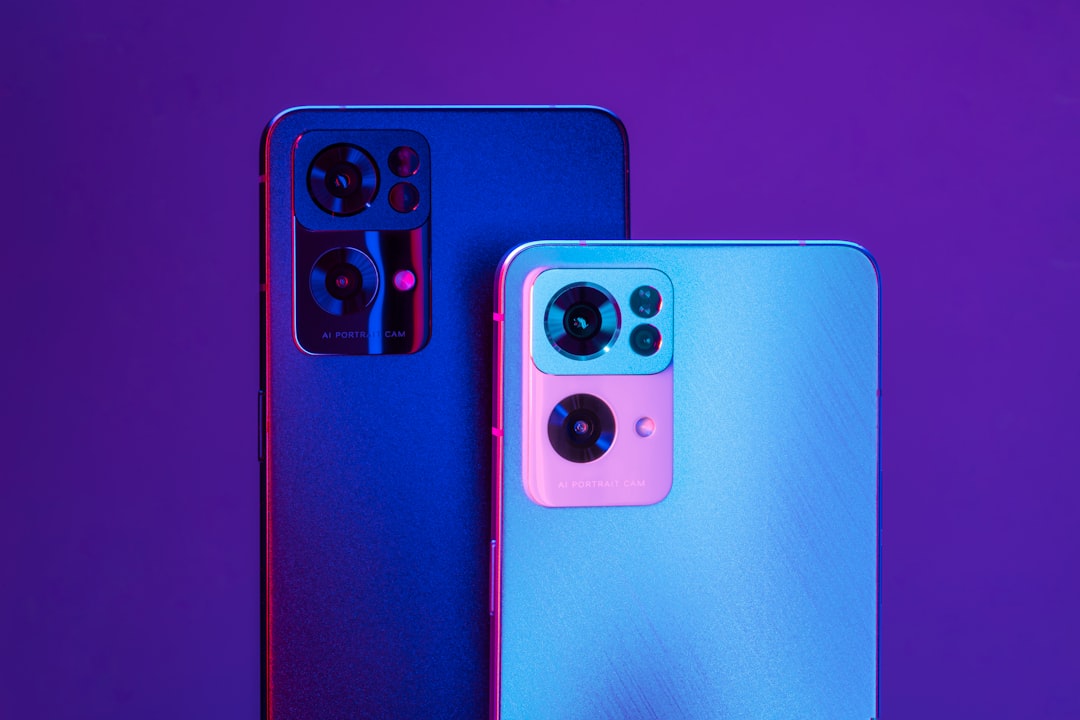Bowling Green, Kentucky residents can combat robocalls through state's No Call Laws and the No Call Registry. Document call details for complaints, register on National Do Not Call Registry, limit personal data sharing, and manage smartphone call settings to reduce unwanted telemarketing.
Tired of unwanted robocalls inundating your Bowling Green, Kentucky, phone lines? You’re not alone. These automated calls can be annoying and even illegal under Kentucky’s No Call Laws. Learn how to take action by filing a complaint against persistent robocallers. This guide breaks down the process step-by-step, from understanding Kentucky’s consumer protection laws to documenting crucial evidence and implementing strategies to block future calls.
Understanding Robocalls and Kentucky Law

Robocalls, automated phone calls that deliver recorded messages, have become a common nuisance nationwide, including Bowling Green, Kentucky. While some robocalls promote legitimate services or organizations, many are considered unwanted and intrusive. In Kentucky, No Call Laws protect residents from excessive telemarketing calls, including robocalls. These laws restrict the time of day and frequency businesses can contact consumers for marketing purposes.
Understanding these laws is essential for Bowling Green residents facing a deluge of robocalls. Kentucky’s No Call Registry offers some relief by allowing individuals to register their phone numbers and limit telemarketing calls. By adhering to state regulations, residents can take control of their privacy and reduce the number of unwanted automated calls they receive.
Steps to File a Complaint Officialy

If you’ve received unwanted robocalls in Bowling Green, Kentucky, you can take action under the state’s No Call Laws. Start by gathering evidence; note down the caller’s phone number, the date and time of the call, and any details about the message. This information will be crucial when filing your complaint.
Next, visit the Kentucky Attorney General’s website to access their official complaint form. Fill it out accurately, providing all necessary details about the robocalls you received. Once complete, submit the form online or mail it to the Attorney General’s office. They will review your case and take appropriate action against the violator, helping to protect you and other Kentucky residents from unwanted telemarketing calls.
Documenting Your Case: Evidence Matters

When preparing a complaint about robocalls in Bowling Green, Kentucky, documenting your case is crucial. Save and record any suspicious calls—many modern smartphones allow you to do this with ease. Take note of the caller’s phone number, the date and time of the call, and any specific details about the message or interaction. This includes what was said, any pressure tactics used, and whether there was an attempt to sell you something or solicit your personal information.
Evidence matters when dealing with No Call Laws in Kentucky. Having detailed records of robocalls can significantly strengthen your case if you decide to file a complaint. Keep these records safe and organized—you may need them as proof if the issue escalates. Additionally, consider any written communications related to the calls, such as text messages or emails. These can provide valuable context and serve as additional evidence to support your claim.
Prevention Strategies: Stop Future Robocalls

To prevent future robocalls, residents of Bowling Green, Kentucky can take advantage of state and federal laws designed to curb unwanted calls. One effective strategy is to register your phone number on the National Do Not Call Registry. This federal list restricts telemarketers from calling numbers listed on it. Additionally, Kentucky has its own No Call Laws that further limit unsolicited sales or marketing calls. By registering your number and utilizing these laws, you can significantly reduce the volume of robocalls you receive.
Another prevention strategy is to be cautious about sharing your phone number. Avoid providing your contact information to unknown entities or unfamiliar sources. Be wary of forms or surveys that require your phone number as part of participation. Limiting the dissemination of your personal data can help curb the influx of automated calls. Regularly reviewing and managing your call settings on your phone is also beneficial. Many modern smartphones offer options to block specific numbers or types of calls, providing an additional layer of protection against robocalls.






